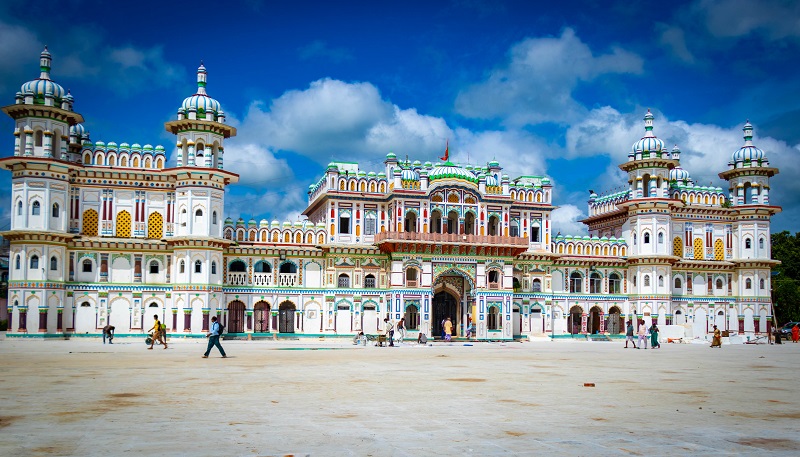Nepal Court Stops Pathibhara Cable Car: Cultural Heritage Dispute, Taplejung Temple Construction Halt
30th March 2025, Kathmandu
The Supreme Court of Nepal has temporarily halted the construction of a cable car project in the Pathibhara region of Taplejung. The court issued an interim order after a petition was filed by Yam Bahadur Limbu and others. The petitioners claimed that the project was infringing on religious and cultural heritage sites.
Nepal Court Stops Pathibhara Cable Car
On 7 April 2025, a single bench of the Supreme Court, led by Justice Sharanga Suvedi, reviewed the petition. Based on this review, the court decided to issue a temporary order. The order instructed the government and the construction company to maintain the current state of the construction. No further development can occur until the court makes a final decision.
The petitioners argue that the construction of the cable car project threatens the sacred land in the area. They emphasized that Pathibhara, a famous pilgrimage site, holds immense cultural and religious value. Therefore, they requested the court to protect these sites from further harm.
The court’s decision requires both parties—petitioners and respondents—to appear for a discussion on 8 April, 2025. This hearing will allow both sides to present their arguments and clarify the issues raised. After considering these arguments, the court will decide whether to extend the temporary injunction or allow construction to continue.
The cable car project aims to improve access to the Pathibhara Temple and promote tourism in the region. The government views it as a major infrastructure development. However, the project has sparked concerns from local communities and cultural groups. Critics worry about the impact on the environment and the potential destruction of cultural heritage sites.
The temporary halt ordered by the Supreme Court raises questions about the future of the project. While the decision only impacts the current construction phase, it signals the need for a more thorough examination of the project’s impact on the region. If the court upholds the injunction, the construction could be delayed further.
On the other hand, the court may decide to allow the project to continue if the concerns raised by the petitioners are not deemed significant enough to warrant a halt. The outcome will depend on the hearing and the subsequent decision by the court.
As of now, neither the construction company nor the government authorities has publicly responded to the court’s interim order. They will likely wait until the hearing on 8 April 2025 to present their case.
This case highlights the ongoing debate over balancing infrastructure development with the preservation of cultural and environmental heritage. The outcome of this case could set a precedent for how similar projects are handled in the future, especially those that impact sacred or environmentally sensitive areas.
For now, the construction of the Pathibhara cable car project is at a standstill. Both parties are expected to present their sides at the upcoming court hearing, which will determine the next steps for this controversial project.







